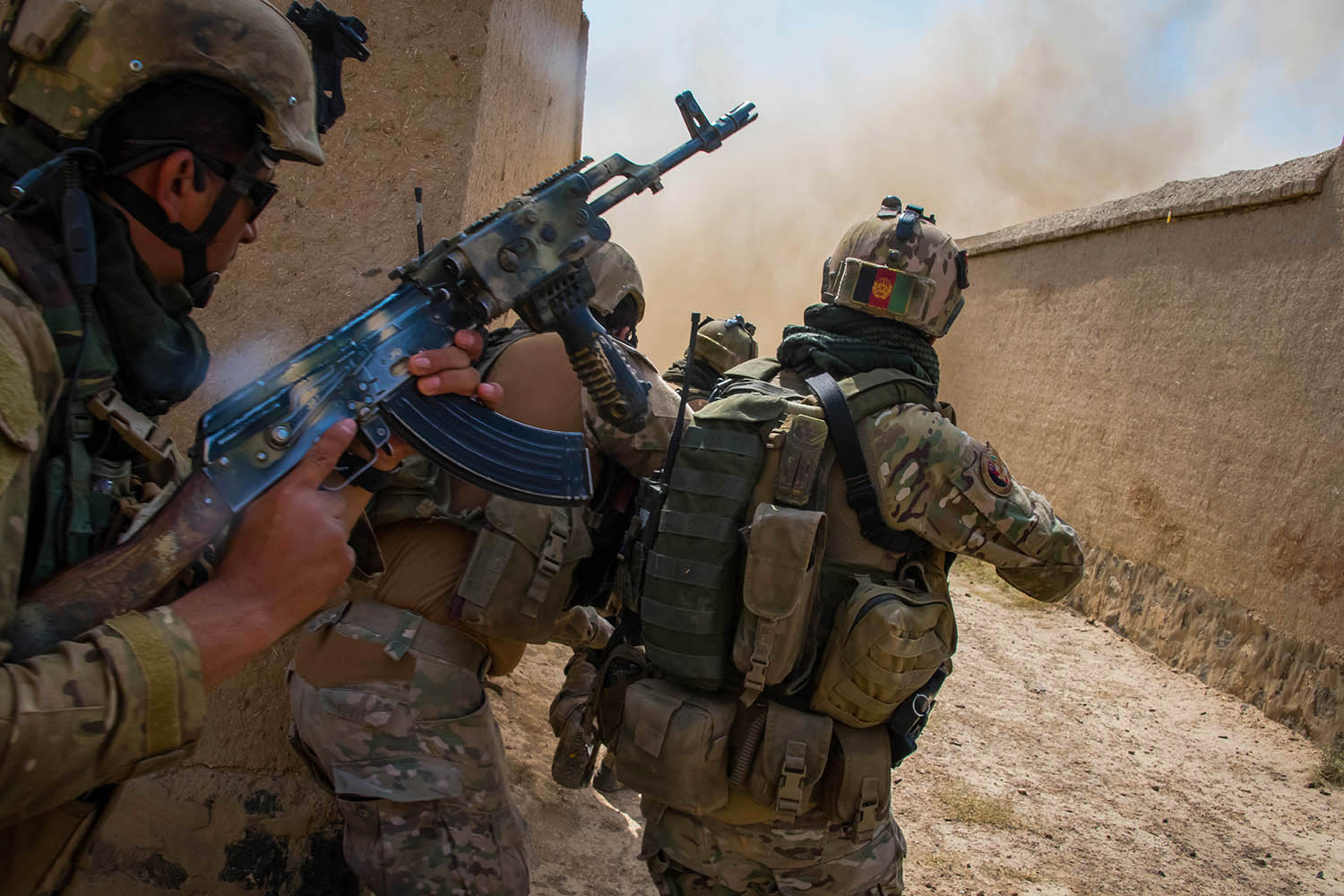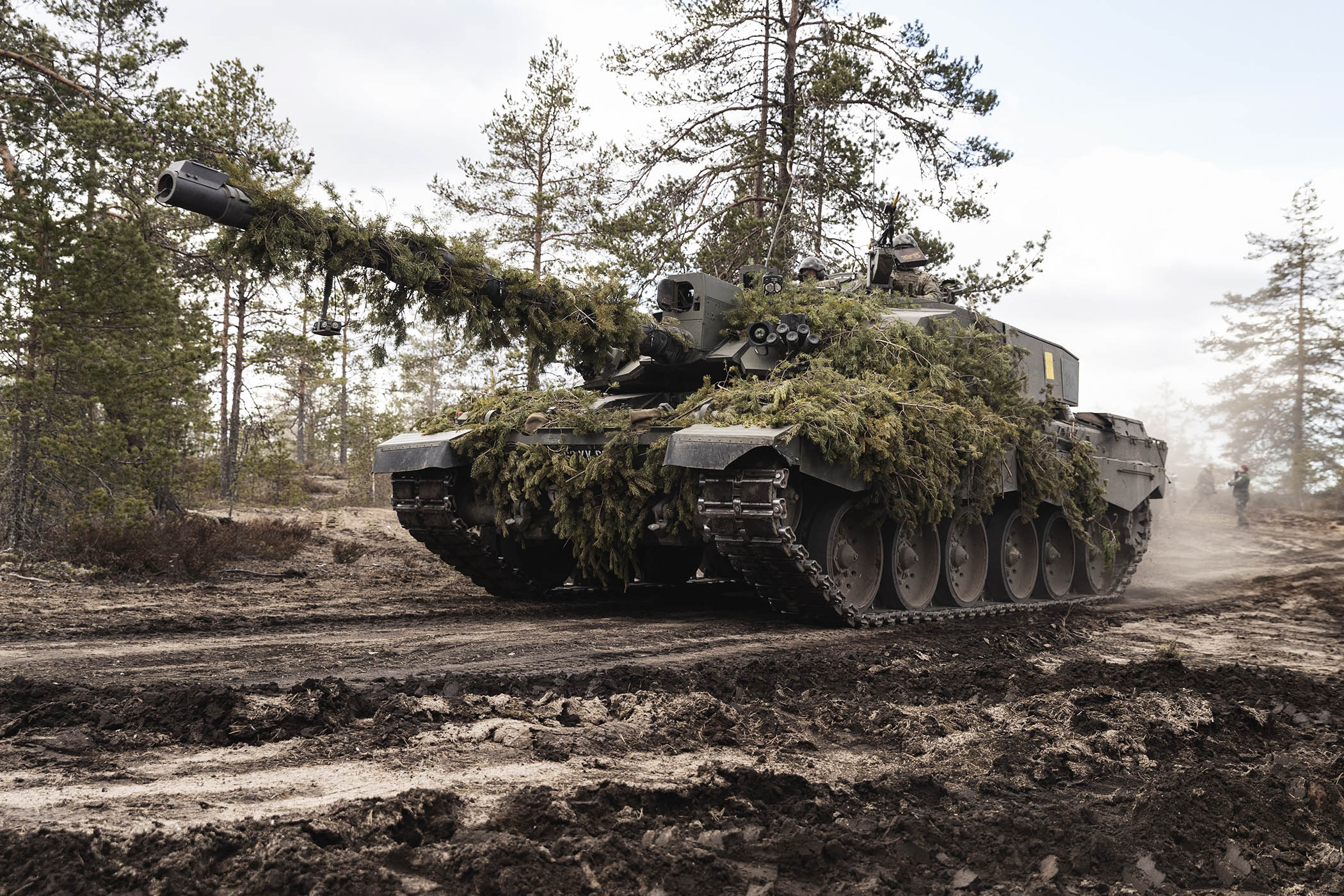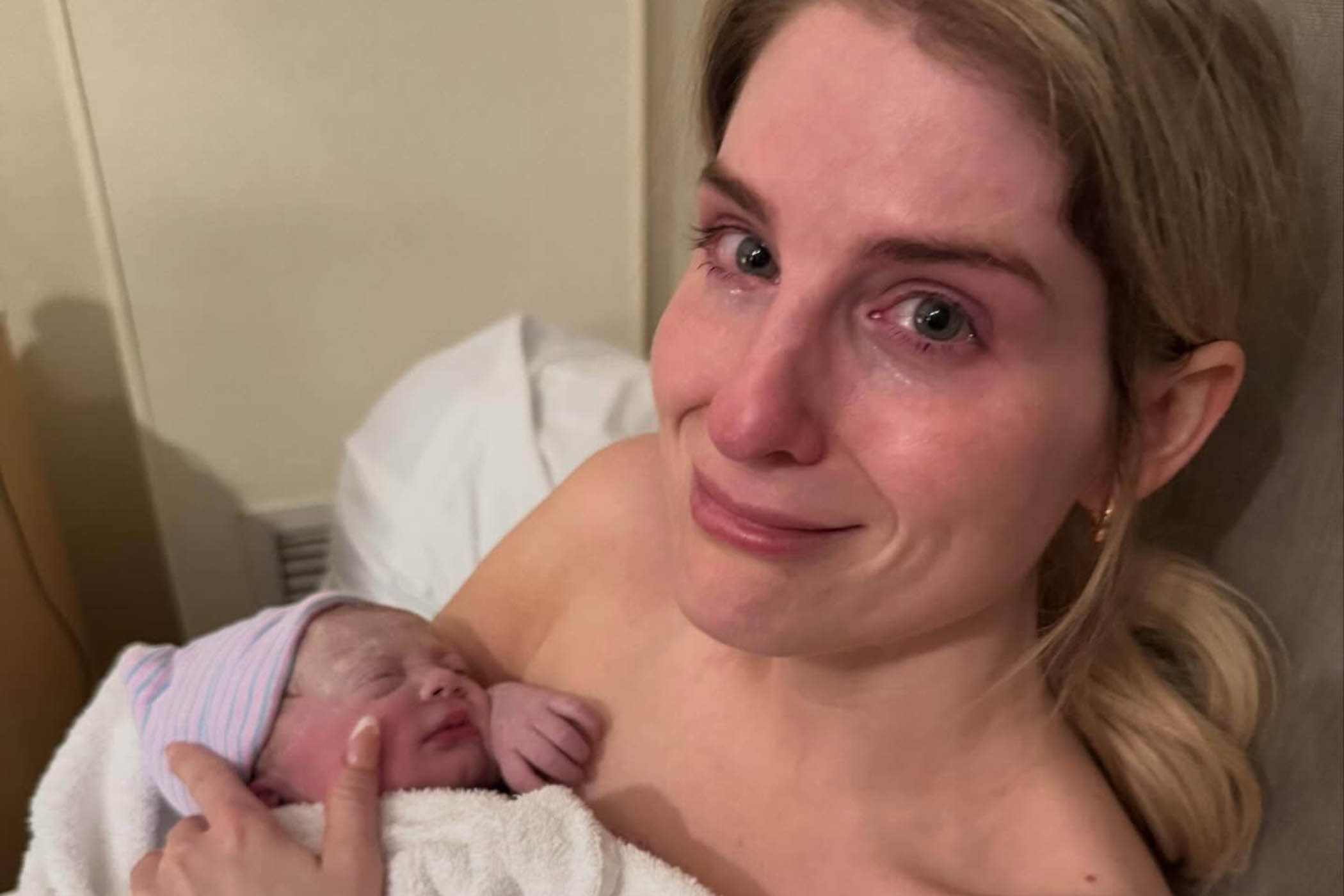They were called the Triples because their units’ call signs were 333 and 444. They were the best of Afghan soldiers, trained and funded by the UK and often working with British special forces.
After the US-led withdrawal from Afghanistan in the chaotic summer of 2021 and the Taliban takeover, the Triples were clearly in danger. The British government set up a Afghan Relocations and Assistance Policy (Arap) to allow them to resettle in the UK.
In the initial run, virtually every one of more than 2,000 applications by a member of the Triples to resettle in the UK was turned down. Single-handedly, one UK special forces officer rejected 1,585.
Unexpectedly, the Arap scheme now forces the government to confront some of the biggest questions confronting the British military and the politicians who oversee it. Did units of British special forces commit war crimes in Afghanistan? Was there an effort through layers of the military and Westminster to hide what had happened? And why was the leadership of the UK’s special forces apparently so willing to abandon the Afghan soldiers who fought alongside them?
At the high court in London last week, a case brought by a former Triples officer has been trying to fix what it sees as some of Arap’s remaining flaws. But the real meaning of the scheme isn’t so much what it does as what it says about a recent chapter in the UK’s history which, day by day, looks more troubling.
For more than two years, in a courtroom close to the one in which the Triples had their day this week, the Afghanistan Inquiry has heard evidence that, between 2010 and 2013, unarmed Afghan men and boys were first captured and later killed by units of the SAS. Others were said to have been shot in their beds. When senior officers saw explanations for why the killings had happened as they did, they found them implausible, sometimes laughable.
The war crimes which SAS soldiers are alleged to have carried out happened on night raids. Sometimes, the Triples were with them on those missions. Occasionally, soldiers in the Triples have said, they refused to serve because of the terrible things they’d seen British soldiers do.
After the west’s withdrawal from Afghanistan, members of British special forces expected the elite Afghan troops who’d fought alongside them to be allowed to make a new life in the UK. Thousands of them applied to do so until the management of Arap took a controversial turn.
Related articles:
‘We owe them a debt of gratitude, but this is more than that. It is a debt of honour’
‘We owe them a debt of gratitude, but this is more than that. It is a debt of honour’
David Davis, MP
The Ministry of Defence (MoD) granted the special forces what was described in court last week as “an effective veto” over which members of the Triples were allowed to come to the UK and which weren’t. The rationale was that the Triples’ service records and payrolls needed to be checked (far more people have applied to Arap saying they’d been Triples than actually served in the units) and who better to do that than officers in the regiment which served most closely alongside them? But the decision left special forces open to accusations of a glaring conflict of interest.
Among the Triples were soldiers who’d potentially been witness to war crimes carried out by troops under the command of the same officers who were now in a position to block them from coming to the UK, where they could give evidence in person to the Afghanistan Inquiry. The MoD is at pains to point out that former Triples can give evidence from anywhere in the world but most are in either Afghanistan or Pakistan. Can they really be expected to expose themselves to new dangers by taking the stand from a country where they know former comrades have already been killed?
Newsletters
Choose the newsletters you want to receive
View more
For information about how The Observer protects your data, read our Privacy Policy
On Friday parliament was told the results of a review: already more than 30% of the decisions to block Triples from coming to the UK have been overturned. More are expected to be reversed soon.
It’s through Arap, as well, that a senior military figure moves to centre stage: Gen Sir Gwyn Jenkins.
It was Jenkins, while he was director of special forces, who formally oversaw their role in making decisions about which Triples were allowed to come to the UK and which were blocked. That much we know thanks to the BBC’s reporting, and it’s acknowledged by the MoD. But how active or passive a role did Jenkins play? The Observer has been told that he “took an interest” in some individual cases. But on the question of where his interest stopped, the MoD is adamant: “For the avoidance of any doubt”, it said in a note submitted to court last week, “General Gwyn Jenkins had no involvement in the decision-making in Arap cases.”
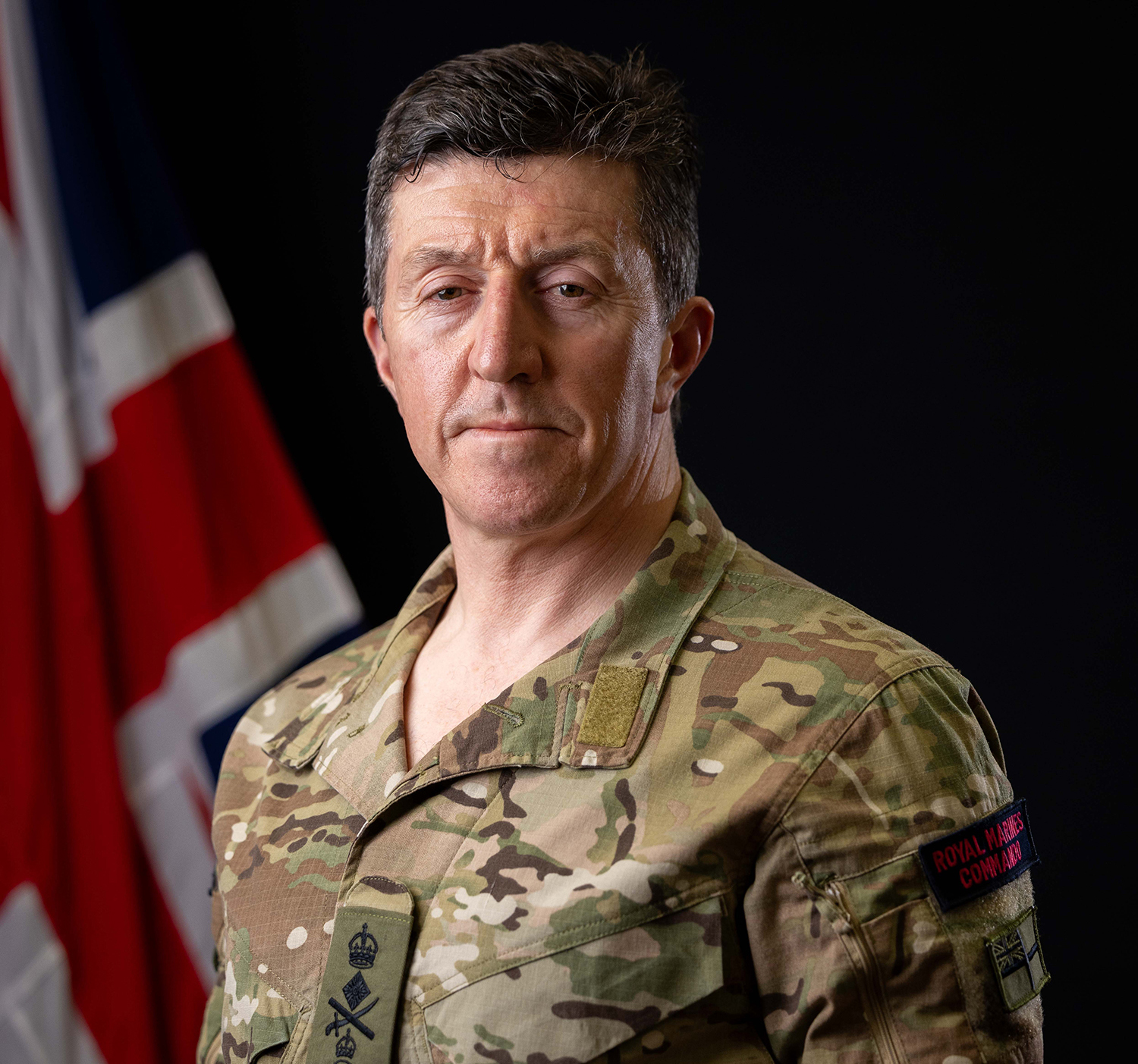
There’s an account of the Triples’ last stand on a Saturday night in August 2021 as the US abandoned Afghanistan and desperate crowds clogged the runway at Kabul airport. About 300 Triples left a fortress in Logar Province about 35 miles outside Kabul in a long, beige convoy of 4x4s. They were armed and in uniform and, according to the Royal United Services Institute, not fleeing an enemy advance but “marching to the sound of the guns”. They ignored threats from the Taliban and went to defend their capital. Just before midnight a few days later, they were advised to save themselves. Some went to the airport, a few managed to get on flights. Those who didn’t melted away into the hills and valleys of Afghanistan, into Pakistan, into Iran.
In the House of Commons in February last year, when the government first announced that it was going to look again at Arap, the Conservative MP Sir David Davis caught the mood: the Triples were “the most loyal, bravest and most effective soldiers operating in Afghanistan... the minister rightly says that we owe them a debt of gratitude, but this is more than that. It is a debt of honour.”
For critics of Jenkins, this gets to the heart of the matter. Set aside the conflict of interest, they say, even though the High Court was told last week that it could leave a fair-minded person with the impression of bias.
Set aside the fact that Jenkins tells us he didn’t personally block any of the Triples’ applications to come to the UK, and that he was only involved in Arap for the time when he was director of special forces. But that still leaves a big question. How could he oversee a process which rejected virtually every one of more than 2,000 requests from brave, loyal former colleagues to be given refuge in the UK and say that it had been an honourable thing?
Some former colleagues put Jenkins’ position in stark, simple terms: “If I had any inkling that he was blocking Triples I’d have ripped his head off.”
‘It would stun me to hear that Gwyn Jenkins was blocking those applications’
‘It would stun me to hear that Gwyn Jenkins was blocking those applications’
Johnny Mercer, former veterans’ minister
And his friends – among them the former veterans’ minister Johnny Mercer – struggle to reconcile the man they know with the suspicions which have been raised. “All I’ve ever wanted from the settlement schemes is for those who chose to serve alongside us to be settled in the UK,” Mercer says. “It is a matter of fact that when I questioned why almost all the 333 and 444 applications had been turned down that decision was reversed and almost all of them are now eligible.
“There was a clear conflict of interest and I should not have been the first to pick up on it. It would genuinely stun me to hear that Gwyn Jenkins was personally blocking those applications and I would need to see clear evidence for me to take that view.”
Two weeks ago, the Ministry of Defence announced that the First Sea Lord and Head of the Navy, Admiral Sir Ben Key, was under investigation over an alleged affair with a junior colleague. The MoD removed him from his duties and, in the same breath, gave Jenkins his job.
Eyes widened around Whitehall at the riskiness of the appointment, not only because Jenkins had got tangled up in the Arap affair but because of an earlier incident which dogs him.
In April 2011 he was commander of the Special Boat Service (SBS) when one of his officers came to him with a report. General Jenkins wrote it up in an email to the director of all UK special forces at the time, Lieutenant General Jacko Page:
“One of my team, an officer, has been told by an individual from (an SAS unit) that there is in effect an unofficial policy amongst (SAS sub-units) to kill wherever possible fighting aged males on target, regardless of the immediate threat they pose to our troops. In some instances this has involved the deliberate killing of individuals after they have been restrained by the (sub-unit) and the subsequent fabrication of evidence to suggest a lawful killing in self defence.”
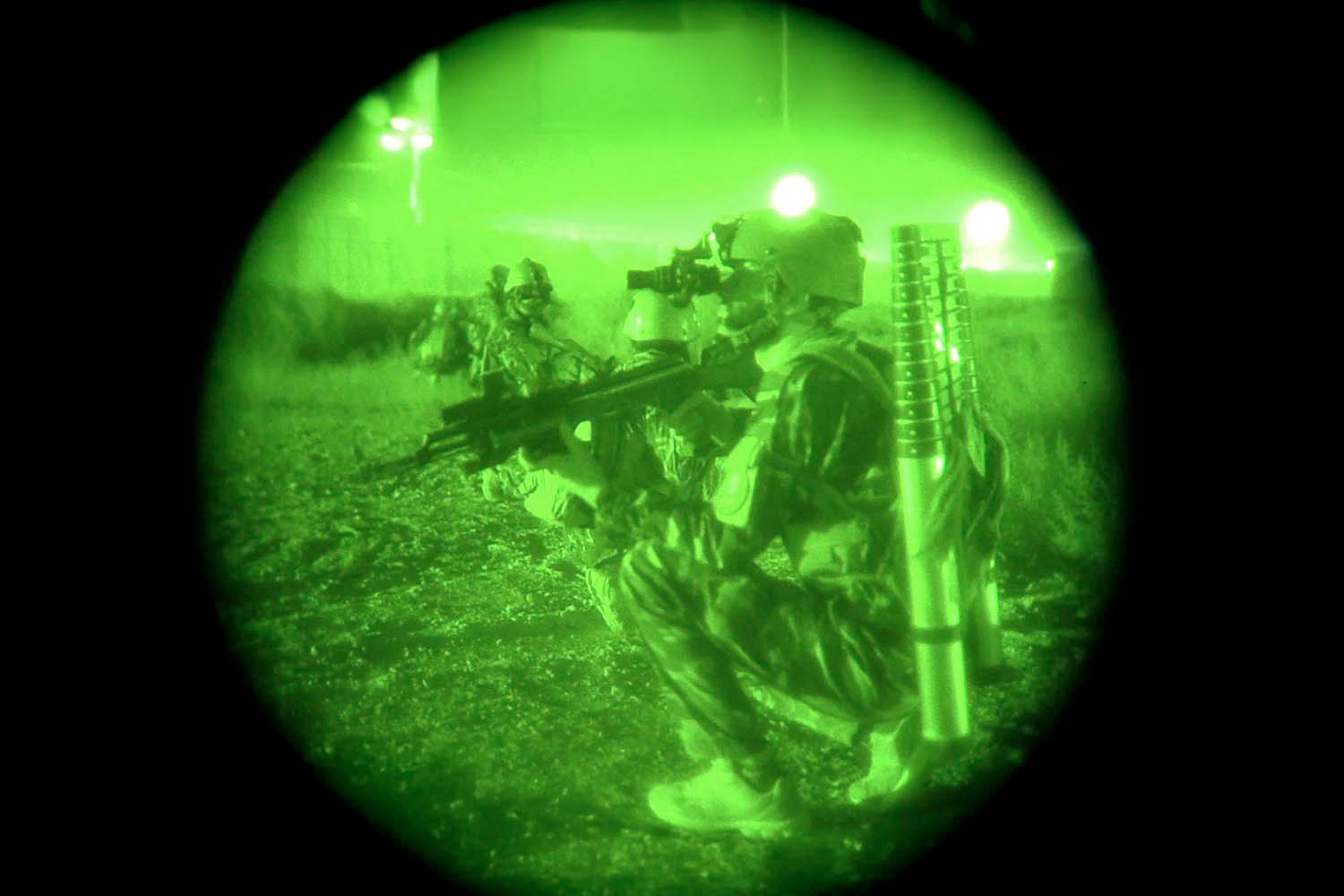
Jenkins added a comment that the implications of this tip-off were “clearly stark”. What he did – which military sources believe covers him, according to a strict interpretation of the law – was to send the information up the chain of command. What he didn’t do when his tip-off about war crimes sat in a safe for years, unacted upon, was to bring it to the attention of the Royal Military Police. Neither while he was in charge of the SBS, nor later in a succession of more senior roles, did he make sure that what he’d discovered was properly investigated. The mainstream view among lawyers that The Observer has talked to is that he should have done. And by failing to do so they believe he has left himself open to accusations of complicity in a cover-up.
It’s possible to see a pattern emerging; the question marks are about what Jenkins failed to do more than what he did. What’s at stake here is not just the reputation of one man or the judgment of the defence secretary, John Healey, in promoting him. Critics and friends of the UK’s special forces agree that they’re more vulnerable now than they’ve been in decades – to public opinion, to legal claims, to the risk of being made “normal”.
MPs like Liberal Democrat Mike Martin, a veteran of multiple tours in Afghanistan and a member of the Defence Select Committee, believe Jenkins’s promotion adds to the jeopardy: “I cannot get my head around this appointment. This government has taken on hostages to fortune and created new vulnerabilities.”
Martin is part of a cohort of MPs, many of them military veterans, who want to seize the moment to allow them to scrutinise special forces operations retrospectively, in private sessions, if necessary, just as the intelligence services are scrutinised.
“UK special forces need to come under parliamentary oversight because every other part of the state – including the intelligence services – is under that oversight,” Martin says. “It’s an anomaly which needs to be cleared up.”
But for people like the former commander of the SAS, Lt Col Richard Williams, the point of Britain’s special forces is that they are an anomaly. “I, and others, are worried about it. We fear that at the end of this someone may say, ‘Special Forces, as they are currently selected and configured, and how they currently operate, isn’t what we want at all. Instead we want something much more conventional, much more rigidly controlled; and that the Special Forces selection must focus much more on characteristics that offset and suppress the necessarily maverick and daring nature of its candidates’.
“And if you do that you might kill its spirit, its essence, and end up with something that isn’t very special or effective at all.”
The lines of an argument to come are being drawn. The belief in the MoD is that, when it’s settled, we’ll come to see General Gwyn Jenkins as “one of the good guys”. The worry is that we’ll no longer think that of the special forces he used to command.
Timeline
November 2001
After the al-Qaeda attacks on the World Trade Center, a coalition of western forces invades Afghanistan.
2002
The UK Foreign Office and the Ministry of Defence set up Commando Force 333, a counter-narcotics unit.
May 2006
British forces deploy to Helmand province. UK special forces begin a campaign to capture or kill Taliban leaders in the province. CF333 accompany them on missions.
2007
Afghan Territorial Force 444, a reconnaissance force, is formed with a focus on counter-terrorism.
2010-2013
Suspicions arise within UK special forces that units of the SAS may be carrying out extra-judicial killings.
October 2014
British troops leave Afghanistan.
April 2021
The Arap resettlement scheme for Afghans who worked for or with the UK government is launched.
August 2021
Operation Pitting, to evacuate British nationals and Afghans who worked with them, is launched after the US decision to withdraw from Afghanistan.
February 2025
Court hearings reveal more than 2,000 applications by former members of the Triples have been vetoed by British special forces.
May 2025
The MoD reveals that 30% of the 2,000 rejected applications have been approved after a review.
Photographs by UK MOD Crown, Alamy
